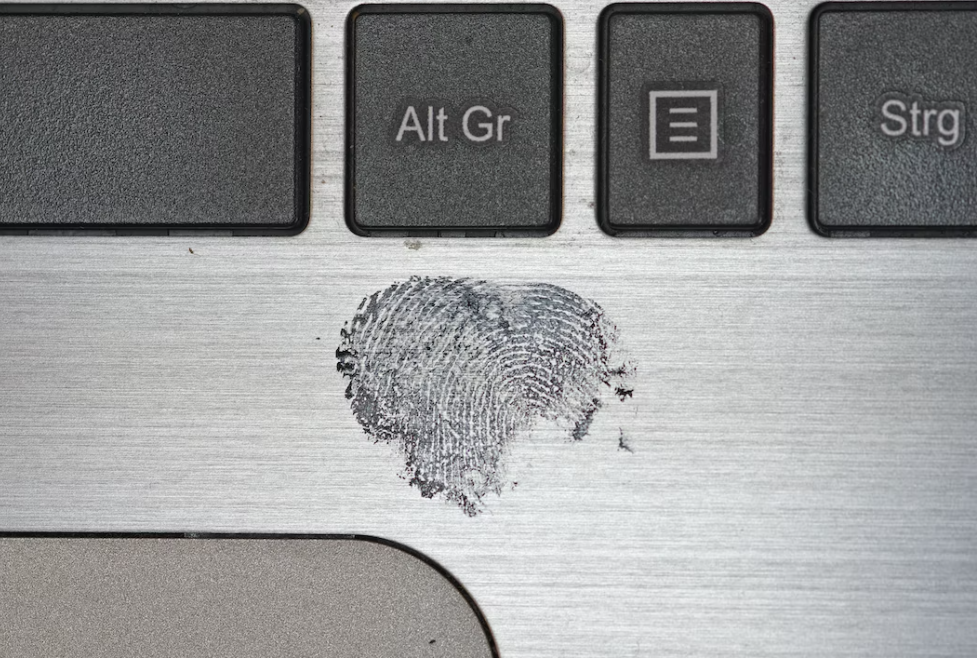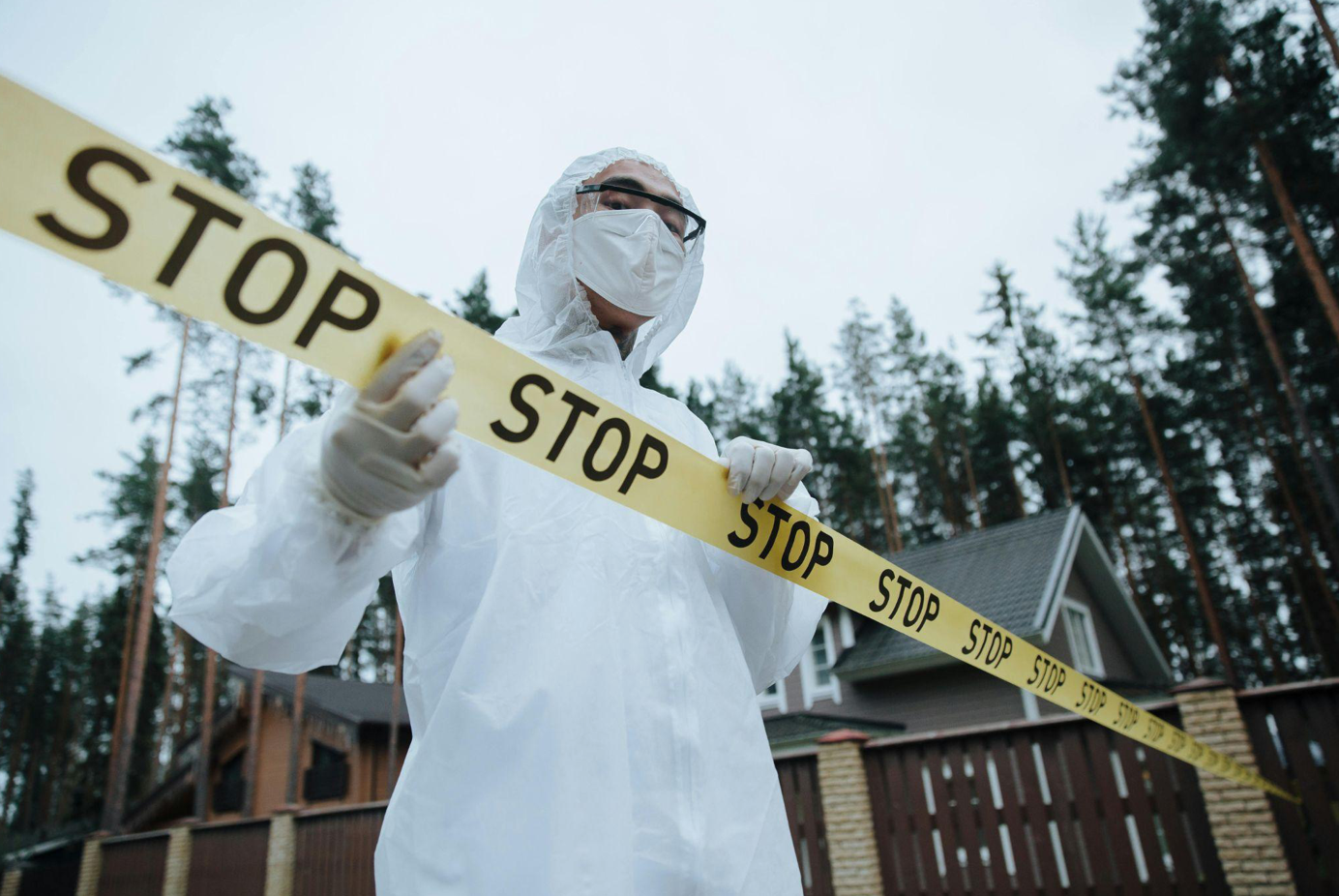Whether you’re just starting out or looking to advance your career, forensic investigation offers a path filled with challenges and opportunities.
In recent years, solving crimes has become increasingly sophisticated, thanks to advancements in forensic investigation. This once niche field has evolved into a critical component of the criminal justice system, combining science and technology to uncover the truth. From analyzing DNA to tracing digital footprints, forensic investigation is shaping the way crimes are solved and justice is delivered.
If you’re considering a career in this exciting and impactful field, understanding its opportunities, required skills, and educational pathways is important.
Forensic Investigation: A Foundation in Criminal Justice
Forensic investigation serves as the backbone of modern criminal justice. It bridges the gap between science and law, providing concrete evidence to support legal decisions. In essence, it’s about solving puzzles—each piece of evidence, whether physical or digital, contributes to understanding what happened and who was responsible.
Forensic investigators work closely with law enforcement, legal teams, and sometimes even private clients. Their expertise is essential for building strong cases that stand up in court. Without the meticulous work of forensic professionals, many crimes would remain unsolved, and justice would be harder to achieve.
Education and Training for Forensic Careers
To start a career in forensic investigation, education plays a significant role. Many entry-level positions require a bachelor’s degree in fields like forensic science, criminal justice, or biology. Forensic professionals often need both scientific expertise and a deep understanding of the criminal justice system.
If you’re looking for a flexible and accessible way to enter the field, pursuing a criminal justice bachelor degree online is an excellent option. Online programs allow you to balance education with other responsibilities, providing the foundational knowledge necessary to understand law enforcement, court systems, and evidence processing. Courses often cover topics like criminology, criminal law, and research methods, ensuring you gain both theoretical and practical insights.
Beyond earning a degree, aspiring forensic investigators can enhance their skills through internships or hands-on training. Many universities and organizations partner with law enforcement agencies, offering students opportunities to work alongside experienced professionals. Certifications in specialized areas, such as crime scene analysis or digital forensics, can further boost your credentials and job prospects.
Key Career Opportunities in Forensic Investigation
Forensic investigation offers a variety of career paths, catering to different interests and skill sets. Whether you’re drawn to lab work, fieldwork, or technology, there’s likely a role that aligns with your strengths.
- Forensic Scientists
These professionals work in crime labs, analyzing physical evidence such as blood samples, fibers, or weapons. They apply scientific methods to draw conclusions that help solve cases. - Digital Forensic Analysts
With the rise of cybercrime, digital forensics has become a booming field. Analysts retrieve and examine electronic data to uncover evidence of fraud, hacking, or other cybercrimes. - Crime Scene Investigators (CSIs)
CSIs collect and document evidence at crime scenes. Their careful handling of physical evidence ensures its integrity for laboratory analysis and courtroom presentation. - Specialists in Niche Areas
Some forensic investigators specialize in fields like ballistics, toxicology, or forensic anthropology. These roles often require additional training but allow professionals to focus on specific types of evidence. - Private Sector Opportunities
Beyond government roles, forensic experts are increasingly sought after by private corporations and law firms. These roles may involve investigating corporate fraud, conducting internal audits, or providing expert testimony in legal disputes.
Skills Needed to Succeed in Forensic Investigation
A career in forensic investigation demands a diverse skill set that combines scientific knowledge, analytical thinking, and effective communication. Here are some key skills to develop:
- Attention to Detail
Forensic investigators must notice even the smallest inconsistencies or clues in evidence. A single overlooked detail could mean the difference between solving a case or letting it go cold. - Critical Thinking
Investigators often face complex cases requiring logical analysis. They need to piece together evidence and make connections to draw meaningful conclusions. - Technical Expertise
Modern forensic work involves using specialized tools, software, and lab equipment. Proficiency in these technologies is important to gather accurate results. - Communication Skills
Whether writing detailed reports or testifying in court, forensic professionals must communicate findings clearly and persuasively. - Adaptability
As technology evolves, so do the methods of committing and solving crimes. Staying updated with new techniques and tools is crucial for long-term success.
The Impact of Forensic Investigation on the Criminal Justice System
Forensic investigation has transformed the criminal justice system by providing scientific credibility to legal processes. Techniques like DNA profiling, fingerprint analysis, and ballistics testing have improved the accuracy of criminal investigations, leading to more convictions and fewer wrongful accusations.
One of the most significant contributions of forensic investigation is solving cold cases. Advanced techniques allow investigators to reexamine old evidence, uncovering new leads that were previously undetectable. These breakthroughs not only deliver justice to victims but also bring closure to families.

Forensic methods also play a critical role in exonerating the innocent. Over the years, many individuals wrongly convicted of crimes have been freed due to new forensic evidence proving their innocence. This underscores the field’s importance in ensuring fairness and accuracy in the justice system.
Challenges and Future Trends in Forensics
While forensic investigation offers immense potential, it’s not without challenges. Many forensic labs face backlogs due to limited resources and a growing volume of cases. This can delay justice and strain professionals working in the field.
Privacy concerns are another challenge, especially in digital forensics. Investigators must navigate ethical and legal boundaries when examining electronic data, balancing the need for evidence with individual rights.
Looking to the future, the field is poised for significant growth. Artificial intelligence (AI) is making its way into forensics, helping analyze complex data more quickly and accurately. Portable forensic tools are becoming more advanced, allowing investigators to analyze evidence directly at crime scenes. Additionally, the increasing prevalence of cybercrime is driving demand for experts trained in cybersecurity forensics.
These trends point to an exciting future for forensic investigation, with new opportunities for professionals willing to adapt and innovate.
Forensic investigation is a dynamic and rewarding field that combines science, technology, and justice. As the demand for skilled professionals continues to rise, now is an excellent time to consider a career in this area. With the right education and a commitment to developing essential skills, you can play a vital role in solving crimes and making a real impact on the justice system.
Whether you’re just starting out or looking to advance your career, forensic investigation offers a path filled with challenges and opportunities.


Join the conversation!